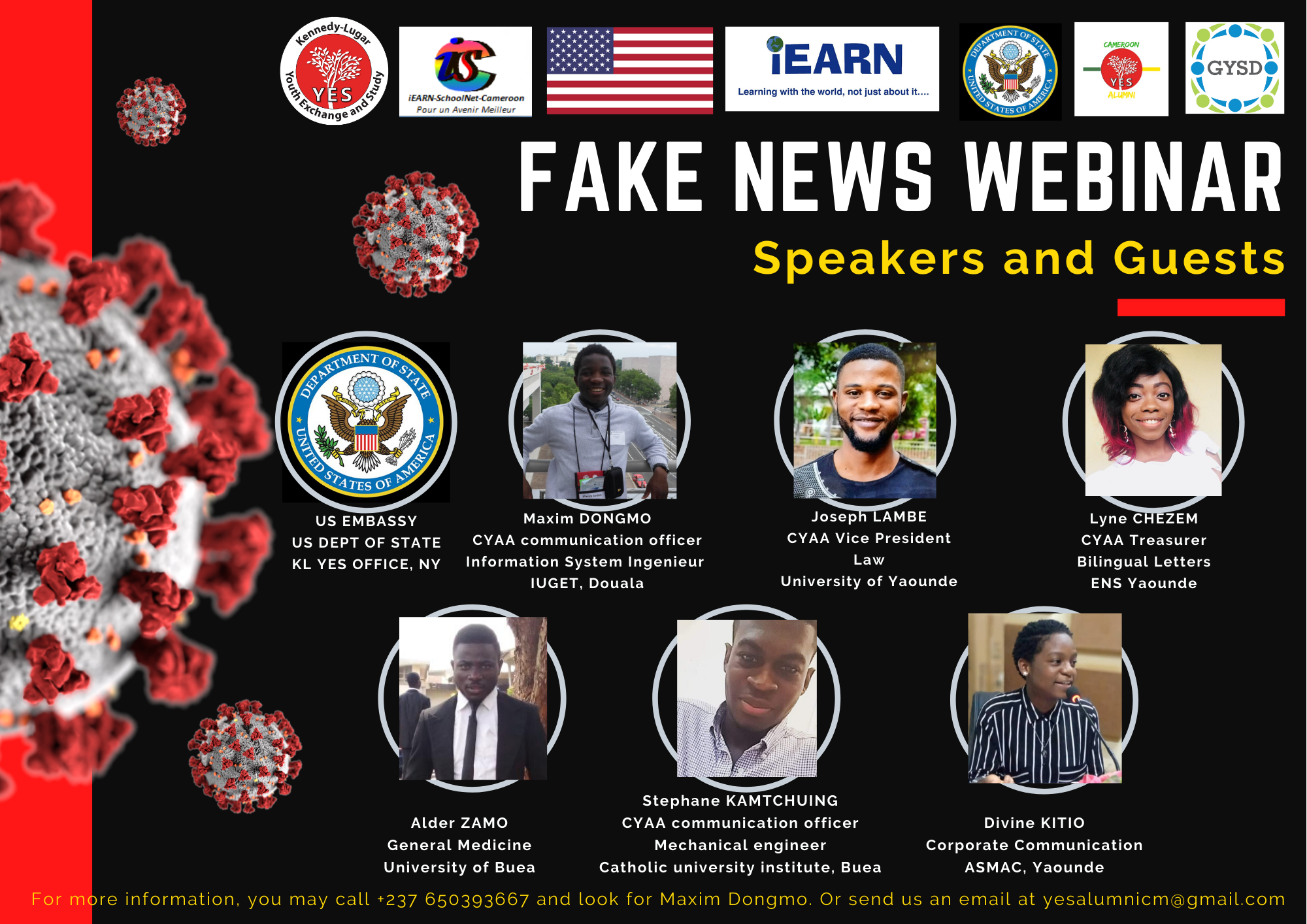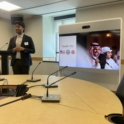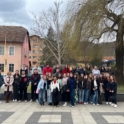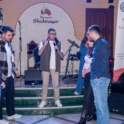Abdulaziz reflects on the highlights from serving as a mentor for CEW.
STORIES
14 Alumni Communities and Their COVID-19 Response
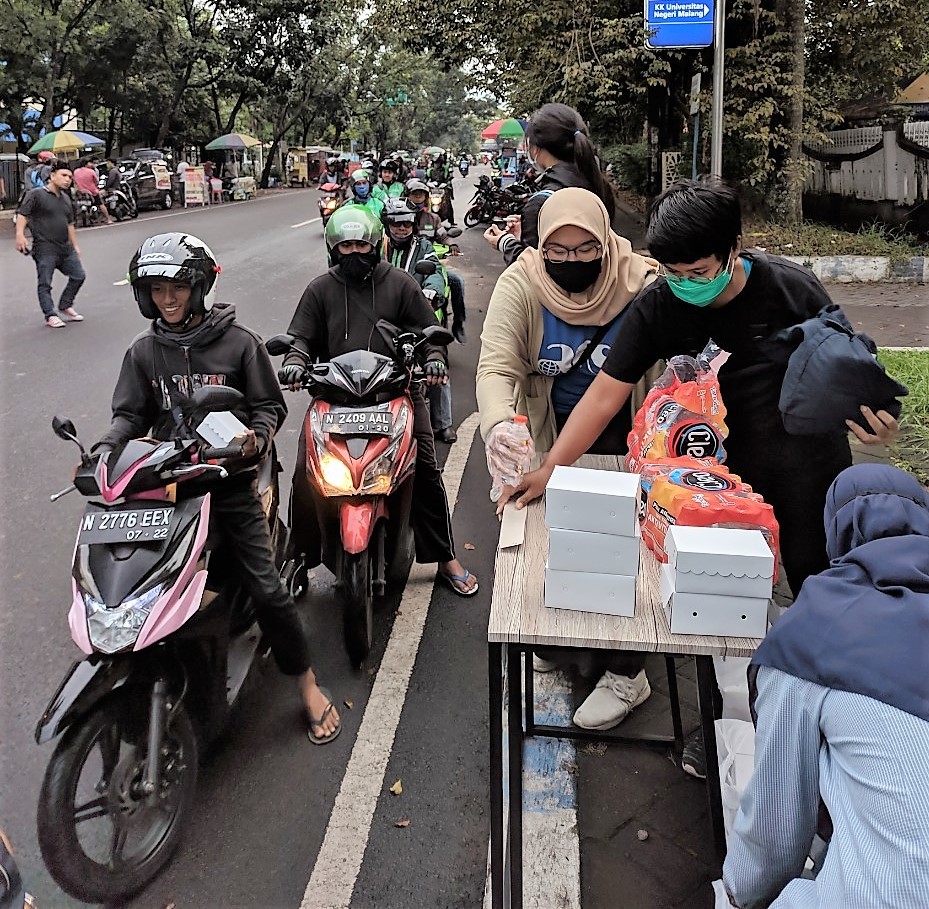
No matter who you are or where you are from, the past year has unified us in at least one shared experience — the challenge of living through an unforeseen, life-changing pandemic. But in the face of this challenge, YES alumni have done what they do best: take action to respond to the need they see in their communities. Here’s how 14 YES alumni communities have given their time, love, and support to others throughout this trying year.
1. Fundraising for Frontline Workers in Indonesia: In April 2020, alumni in Indonesia held a nationwide donation drive to raise funds for personal protective equipment (PPE) for frontline medical staff. They raised 725 USD, which was used to buy 100 hazmat suits and 17 boxes of masks for a hospital Jakarta. In May, in Malang, alumni prepared and distributed 497 boxes of takjil, the evening snack eaten by Muslims during Ramadan. The boxes were distributed to motorcycle drivers who still had to work to support their families despite the pandemic.
2. Alumnus Doctor Supports Community Health in Nigeria: In June, alumni organized a town hall, led by Dr. Mohammed Bello ’10, to educate over 100 community members on COVID-19 and debunk common misconceptions about the virus. The alumni discussed the risks, symptoms, and best practices to avoid contracting the disease, including wearing face masks, practicing social distancing, and regular hand washing. Then, in September, Dr. Bello began volunteering at the Nigerian Army Reference Hospital to lend a hand to overworked hospital staff by screening and admitting obstetrics and gynecology patients, as well as assisting with prenatal visits.
3. Lessons from Alumni in Albania: In April, Alumni Coordinator Klea Troka ’12 organized a series of alumni presentations that reached nearly 8,000 viewers on Facebook and Instagram. Klea, a recent medical school graduate, talked about mental health and coping during the pandemic. Kristi Shaka ’19 shared advice on public speaking, self-expression, and effective conversation. Aleksis Satka ’19 presented on positivity and self-esteem. Jona Fani ’15, an architecture student, gave tips on how to create a functional, positive home office space. Emiljana Hoti ’10 recorded an instructional video on how to make cotton masks, something that she had been doing for her community since the start of the pandemic.
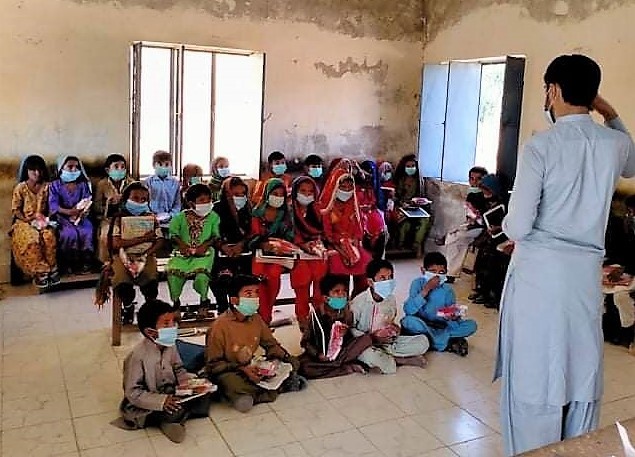
4. Spreading Awareness to Stop the Spread of COVID in Pakistan: Alumni in Pakistan have organized numerous projects to spread awareness and educate others on COVID-19. In September and November, alumni jumped into action in response to floods that had devastated much of Pakistan since June by holding medical camps in Hala, Karachi, and Khewra. In addition to routine health care and consultations, alumni provided information to more than 900 people on how to decrease the spread of COVID. In November, Mubashra Saleem ’15 organized a workshop on COVID-19 health protocols and prevention strategies for 50 high school students in Rawalpindi. Anand Kumar ’15 organized a similar workshop in the remote suburbs of Tharparkar in January for 55 elementary school students. At both events, participants learned how to properly wash hands, wear masks, and socially distance.
5. Food Distribution at Hannan Orphanage in Kenya: In October, alumni held a community fundraiser and used the proceeds to distribute food and supplies to Hannan Orphanage in Mombasa. The orphanage, which is home to 18 children, has been suffering from the economic downturn during the pandemic and was in urgent need of food. The alumni donated two dozen packs of flour and cornmeal, 18 kilograms of rice, 12 kilograms of beans, 2.5 liters of oil, five kilograms of salt, two kilograms of tea, 36 face masks, and 16 packs of sanitary pads.
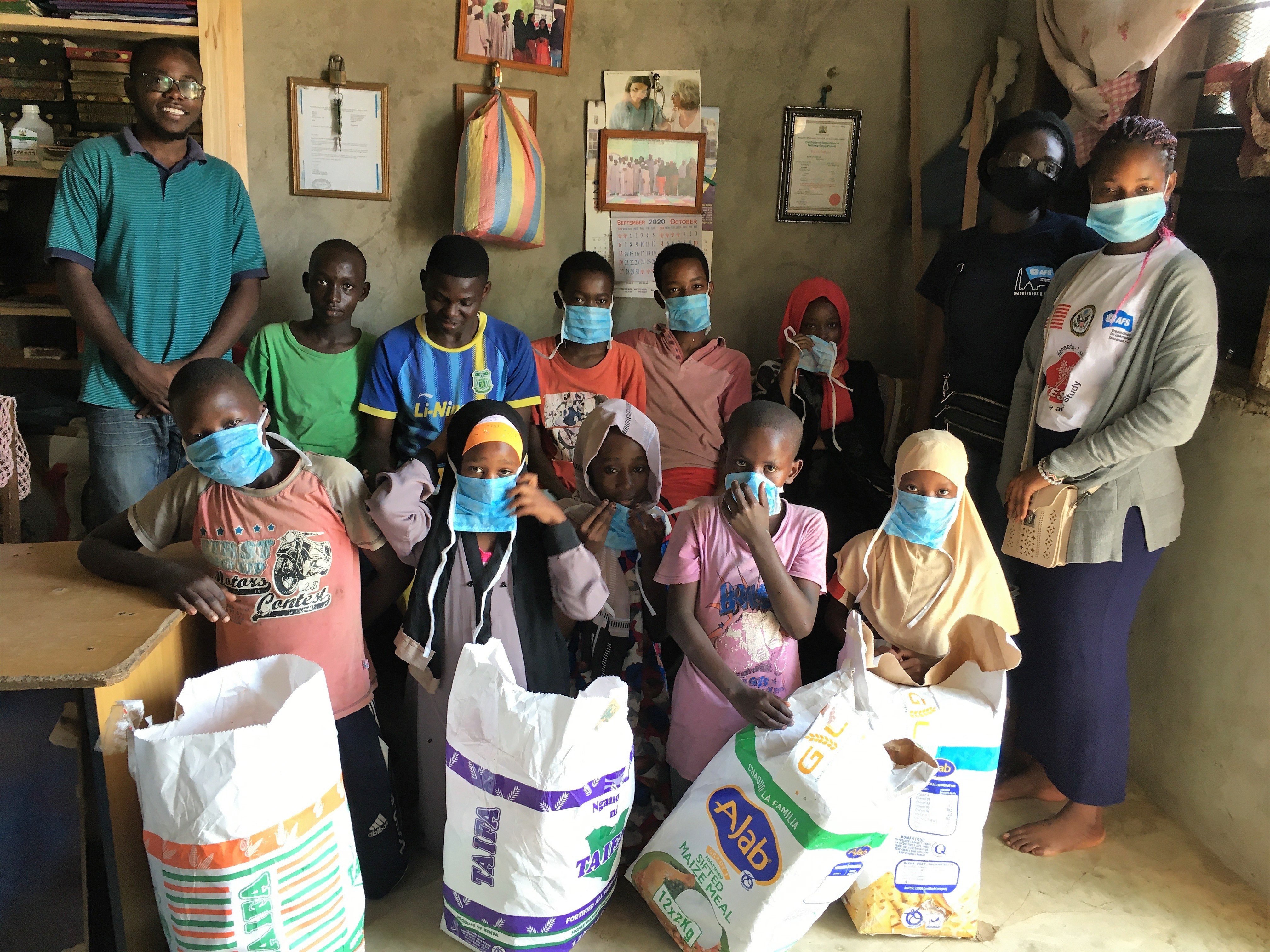
6. YES We Care in Saudi Arabia: From September to December, alumni in Saudi Arabia hosted a series of online mental health workshops called YES We Care to support community members in coping with the pandemic. Guest speakers included mental health practitioners, wellness coaches, and yoga instructors, who spoke with attendees on topics such as supporting one’s children during the pandemic, managing anxiety, stress, and social pressure as a young adult, relaxation techniques grounded in yoga, and how lockdown affects one’s eating habits.
7. Donation Drives for People in Need in the Philippines: Under their initiative Project Saguna, several alumni in the Philippines implemented a donation drive in April to benefit families affected by the pandemic. The team raised approximately 250 USD, which they used to buy and distribute 50 packs of food. Then, in August, the Project Saguna team held a workshop for 50 primary school aged children with activities such as storytelling through multimedia and lessons on personal hygiene. Another team of alumni in Manila fundraised, packaged, and distributed food to approximately 150 low-income families impacted by the pandemic, including 66 families whose homes were destroyed in a devastating fire in early May.
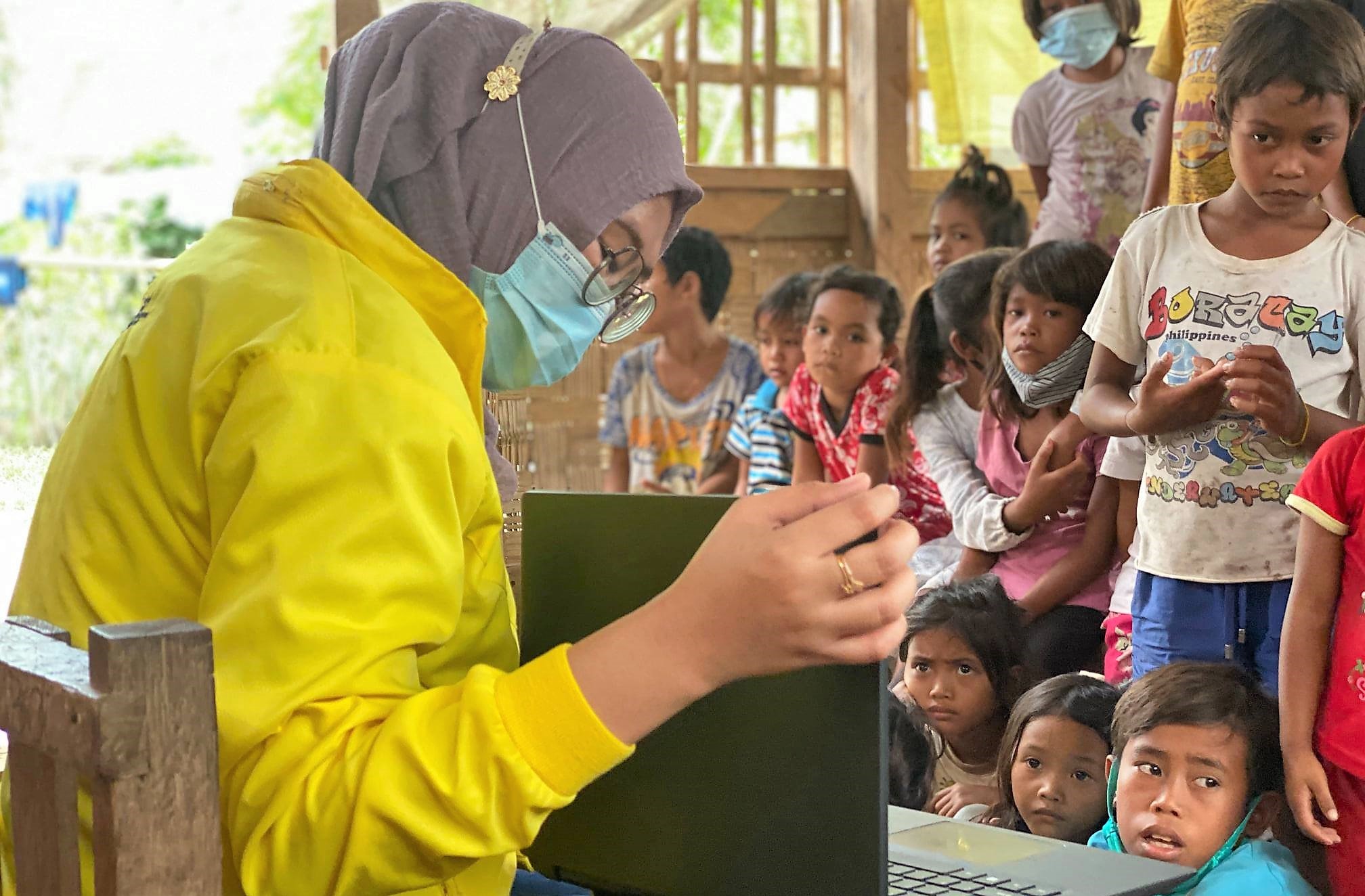
8. Dates for Law Enforcement in Jordan: In a show of gratitude to the law enforcement officers on the frontlines during the COVID-19 pandemic, Sarah Abdeldeyem ’15 led a project to prepare 100 goodie bags filled with dates and handwritten “thank you” notes in May. Sarah and several fellow alumni distributed these packages to military and police officers.
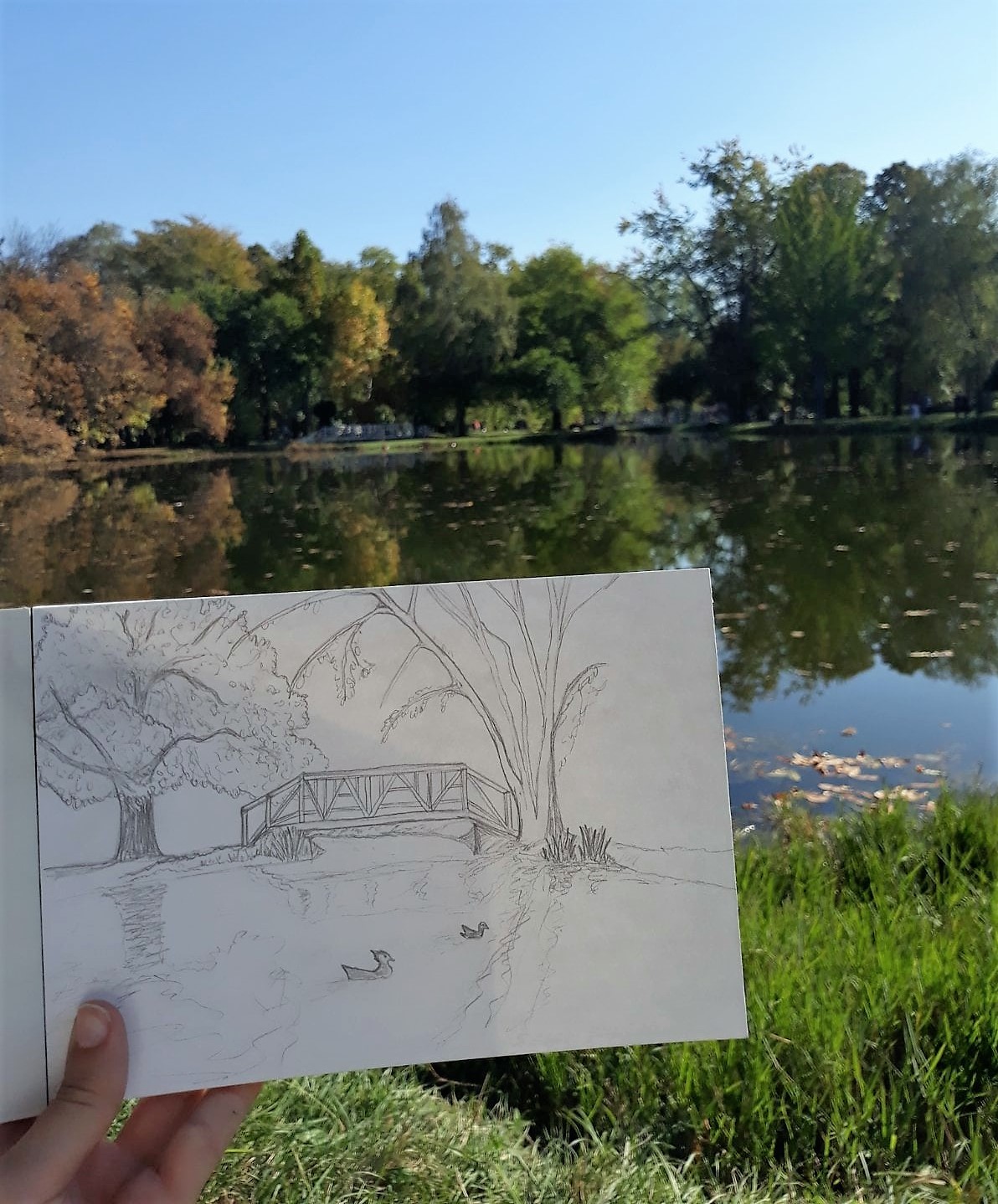
9. Focusing on Vulnerable Groups in North Macedonia: Alumni in North Macedonia have focused their COVID-19 response on those who are particularly vulnerable during the pandemic. In September, Panajota Gushkova ’16 prepared American meals for 30 members of the Roma community with disabilities in her hometown of Kochani. In October, alumni promoted mental health awareness with three projects, including a mental health discussion with young adults at a park in Skopje, a mental health workshop for 30 teenagers at a park in Prilep, and an online discussion for 30 students and teachers on how the pandemic has impacted mental health. Finally, in December, for the International Day of Persons with Disabilities, Filip Trajkovski ’19 organized a webinar about the impact of COVID-19 on persons with disabilities, which was attended by 25 community members.
10. Leading the Charge on COVID Awareness in Liberia: In July and August, nursing student Lincoln Ninneh ’14 facilitated COVID-19 dialogues among more than 30 community leaders, including government officials, law enforcement, community organization members, and youth leaders, in Gompa and Sanniquellie. The focus of these discussions was the role of community leaders in enforcing safety protocols, such as social distancing and wearing masks, to prevent the spread of the virus and how leaders can address issues of gender-based violence during the pandemic. Lincoln, along with Fefe Sampsom ’14, also coordinated a COVID-19 prevention program at a local high school in Ganta for 408 students in October. This training helped the school meet a Ministry of Health requirement in order to reopen.
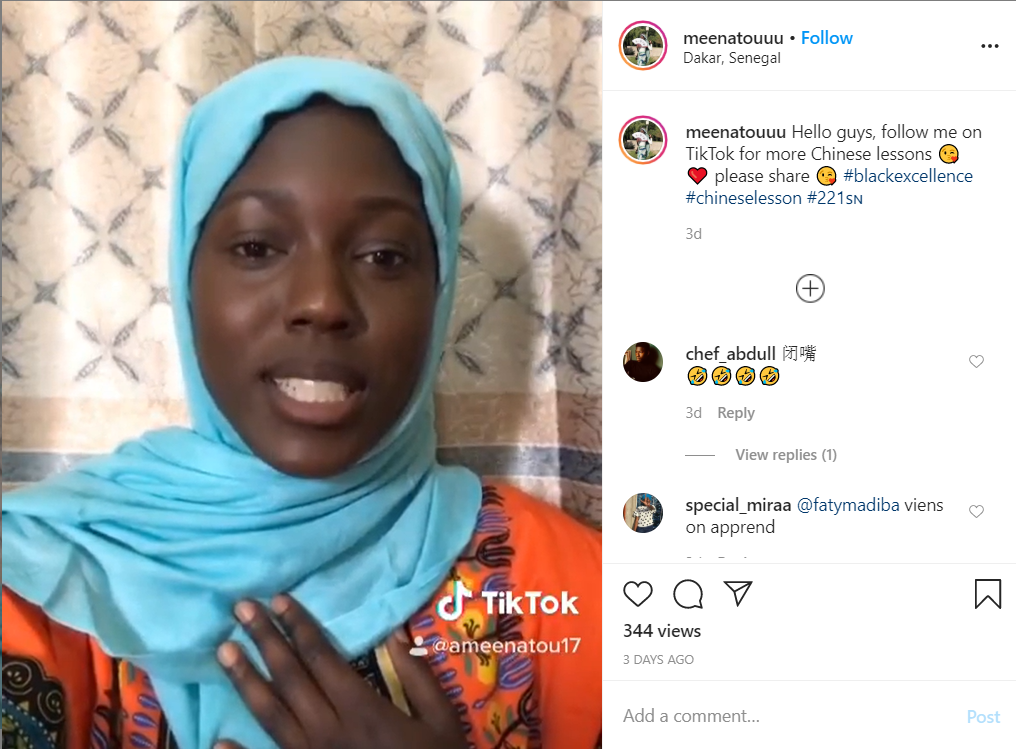
11. Online Language Instruction in Senegal: In April, recognizing that people were stuck at home and searching for productive ways to spend their time, three alumni in Senegal began offering online language instruction. Mohamed Fall ’15 posted weekly English vocabulary and grammar lessons on Instagram TV, which reached nearly 2,000 users. Papa Abdoulaye Diop ’18 created a WhatsApp group through which he taught English to 23 young students. And Aminatou Diop ’17 posted weekly lessons on the Chinese alphabet and vocabulary on Instagram and TikTok.
12: Digital Training for Safe Learning in Tanzania: When the Government of Tanzania announced that it would be lifting pandemic lockdowns and reopening schools in June 2020, the announcement raised many safety concerns from students who believed it would be impossible to socially distance in overcrowded classrooms. To limit the need for physical meetings, Mussa Mbugi ’13 held a digital training in which 50 participants learned to use Zoom for meetings, hold virtual group discussions, and conduct interactive presentations.
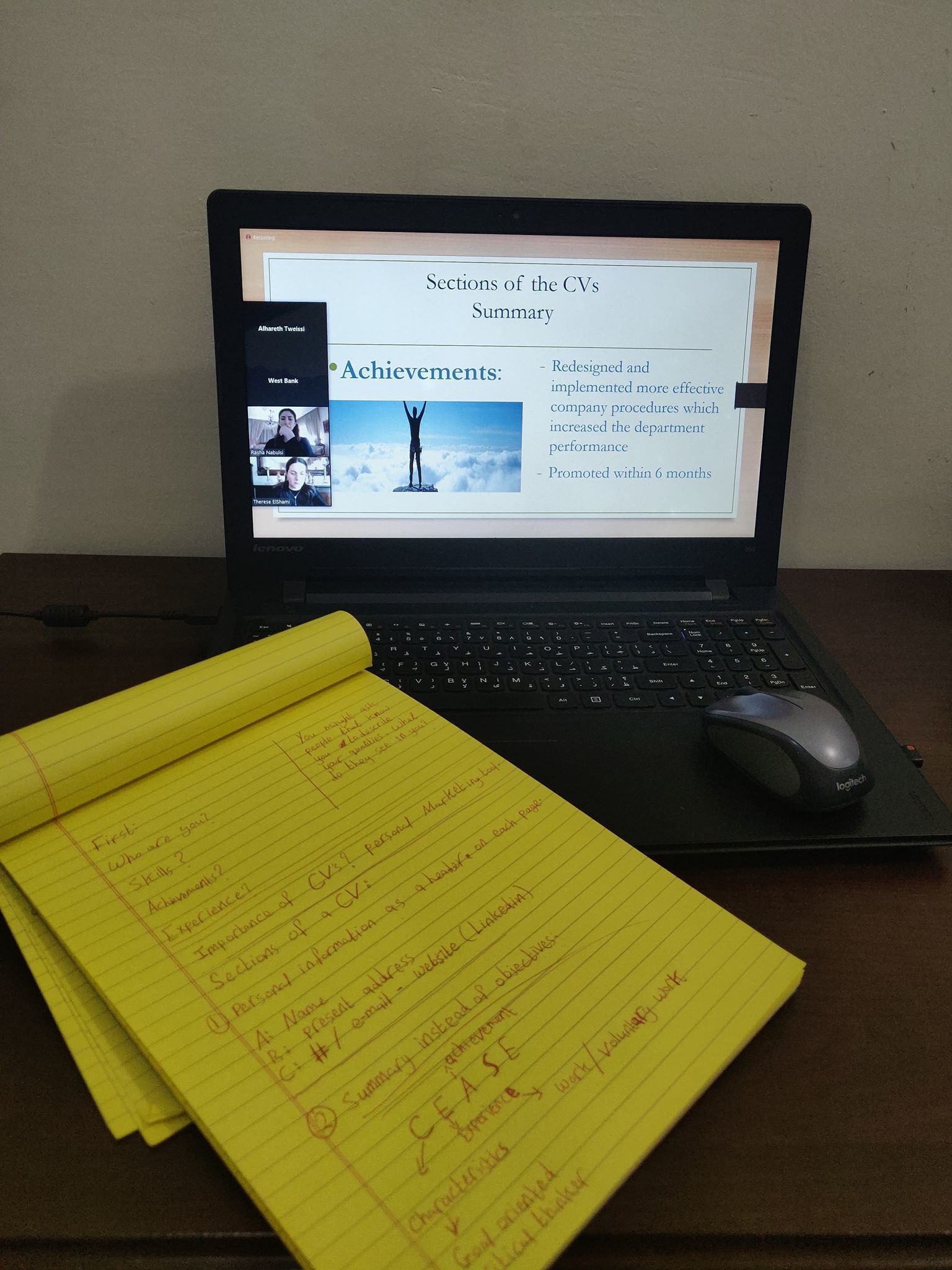
13. Professional Development Webinar Series with MENA Alumni: Alumni from Gaza, West Bank, and Jordan used their April and May lockdown time as an opportunity to enhance their professional development through a collaborative regional webinar series. More than 30 alumni attended webinars on CV writing, interview skills, the science of motivation and mindset, entrepreneurship, and personal branding.
14. Identifying COVID-19 Fake News in Cameroon: In April, alumni in Cameroon celebrated Global Youth Service Day by hosting a webinar on media literacy. The goal was to educate people about misinformation circulating about the COVID-19 pandemic. Eight alumni and 28 other non-alumni participants between the ages of 18 and 25 attended the webinar and discussed, in both English and French, the definition of fake news, how to identify authentic news stories, and the impact of misinformation.
